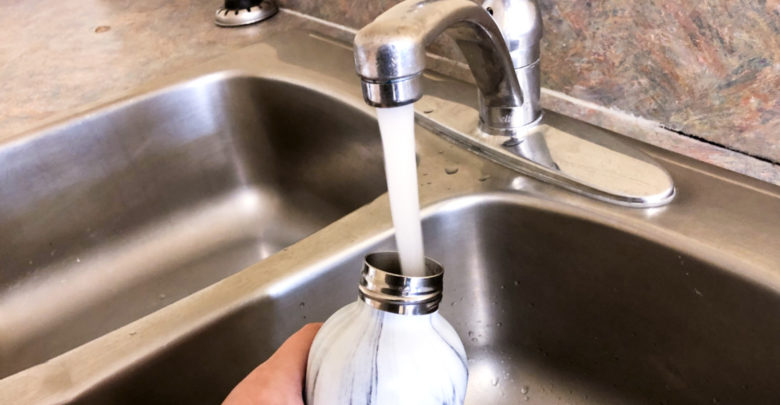 Carla Soriano
Carla SorianoDrinking water is still safe, or so EPCOR says.
A recent investigation into Edmonton’s drinking water uncovered levels of lead that surpass federal guidelines. The effects of drinking lead contaminated water include reduced cognition, an increase in blood pressure, renal dysfunction, as well as risking lowering the IQ of children. This news has gained significant attention over the past few weeks, prompting Mayor Don Iveson to make a statement for Global News.
“EPCOR’s board and management report to us regularly,” Iveson said. “I think they’ve taken a very proactive approach to it and are prepared to help and support homeowners who do have concerns with filtration and other things. I have full confidence in the water supply and the integrity of it in our city.”
Certain households have surpassed safe limits since 2008, but that still doesn’t explain the results of the investigation. Part of this could be due to the revised federal guidelines. Acceptable lead concentration was lowered this March from 10 parts per billion to five parts per billion. Regardless, it should be a top priority to eliminate toxic chemicals in drinking water as much as possible.
It’s also important to note that EPCOR is planning to add orthophosphate next year to the city’s water. This should help reduce the presence of lead. They have been testing this substance since 2017, but it’s still unclear what amount should be put in the water supply, and whether orthophosphate is completely effective in getting rid of lead contamination without introducing other problems like accelerating lead release from certain kinds of corrosion or increased algae growth downstream from treatment plants.
Although other chemicals such as fluoride are already present in trace amounts, further additives should not be inserted before serious consideration is made. Any indirect effects orthophosphate might have are uncertain. This is highly concerning. It sounds a lot like when the City of Edmonton began their calcium chloride anti-icing agent pilot project from last winter, which has been dropped this year after complaints from industry about its damaging effects on roads and vehicles.
We cannot treat this as no big deal. A better course of action would be to perform further research on the concentration of lead and other harmful chemicals. There is a chance that this would create a better picture, and we might discover other contaminants and solutions.
Thankfully, there have already been some steps in the right direction. Those who have been affected by these discoveries are going to have their pipes replaced eventually. Perhaps they should receive compensation too. Hopefully, proper advisories will be given to the public so that we have a better idea of what we can do, and what the safest way forward is.
Until then, start stocking up on bottled water!




